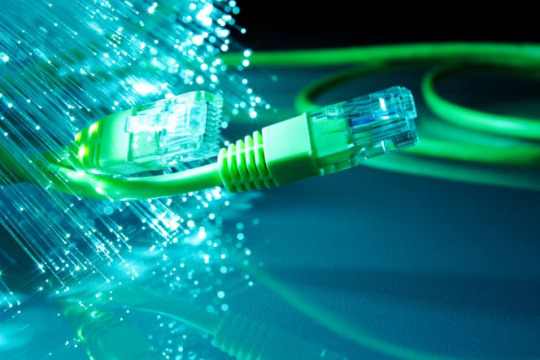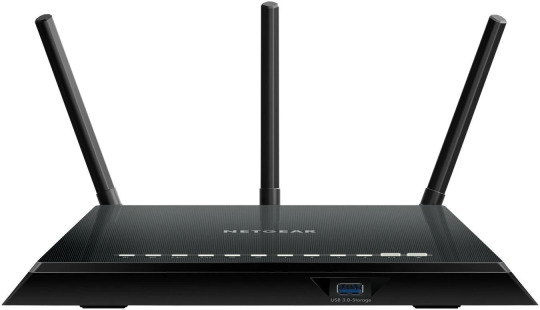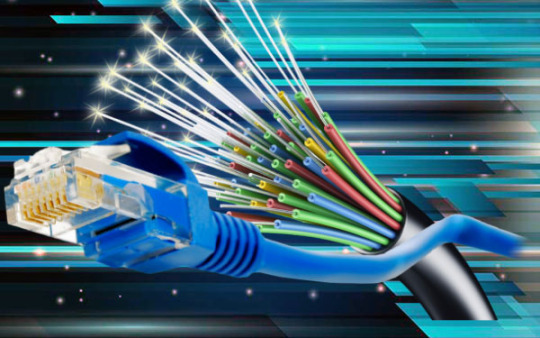#ReliableWiFi
Explore tagged Tumblr posts
Text
🌟🌟 Shoutout to Cheezbot! 🌟🌟 A cheesy thank you to the amazing Cheezbot for their support! 🧀 Your follow and promotion of my product have been a huge boost to our small business. Your cheesy charm and supportive community have brought so much exposure to our handcrafted products. We're eternally grateful for your kindness and the love you've shown us. To our followers: Join us in showing Cheezbot some love back! Visit their page and give them a cheesy hug. Together, let's spread more cheesy goodness online! 🧀🧀 #CheesyThankYou #CheezbotAppreciation
#WiFiProfits#InternetAccess#ConnectivitySolutions#ReliableWiFi#BusinessWiFi#HomeWiFi#WiFiOptimization#NetworkManagement#WirelessSolutions#WiFiMarketing#WiFiAnalytics#WiFiMonetization
1 note
·
View note
Text
Why do we use fiber in WiFi connections?
Fiber is used in WiFi connections to provide faster and more reliable internet speeds. Fiber-optic cables use light pulses to transmit data, which is much faster and more efficient than the electrical signals used by copper wires. This means that fiber can support much higher bandwidths, which is essential for modern WiFi applications such as streaming video, online gaming, and video conferencing.

Fiber is also more resistant to interference than copper wires, which means that WiFi signals are less likely to be affected by things like electrical appliances, microwaves, and other wireless devices. This makes fiber ideal for use in dense urban areas where there is a lot of wireless traffic.
In addition to its speed and reliability advantages, fiber is also more scalable than copper. This means that it can be used to support a large number of users without experiencing any performance degradation. This is important for businesses and other organizations that need to provide high-speed internet access to a large number of people.
However, fiber is also more expensive to install and maintain than copper. This is why it is not yet available in all areas. However, as the demand for faster and more reliable internet grows, fiber is becoming increasingly common.

Here are some of the specific benefits of using fiber in WiFi connections:
Faster speeds: Fiber can deliver speeds of up to 10 gigabits per second (Gbps), which is much faster than the speeds available with other types of internet connections.
More reliable connections: Fiber is less susceptible to interference than other types of cables, which means that WiFi signals are less likely to be interrupted.
Lower latency: Fiber has lower latency than other types of cables, which means that data can be transmitted more quickly. This is important for applications such as online gaming and video conferencing.
More scalable: Fiber can support a large number of users without experiencing any performance degradation.
More secure: Fiber is more secure than other types of cables because it is more difficult to tap into.

Overall, fiber is the best choice for WiFi connections because it offers the fastest speeds, the most reliable connections, the lowest latency, and the most scalability.
Do Business Better
#fiberwifi#fiberopticwifi#fiberinternet#fastwifi#reliablewifi#lowlatencywifi#scalablewifi#securewifi#gigabitwifi#futureofwifi#wifiupgrade#wifi6#wifi7#wifi6e#wirelessbroadband#homebroadband#businessbroadband#ruralbroadband#broadbandaccess#broadbandforalla#broadbandnow#internetforthepeople#digitaldivide#connectivityforall
0 notes